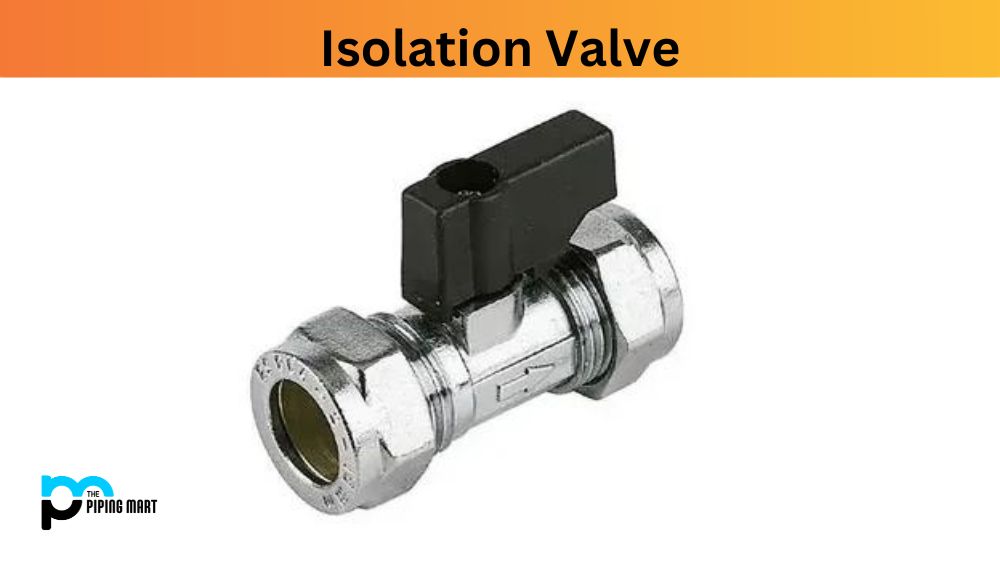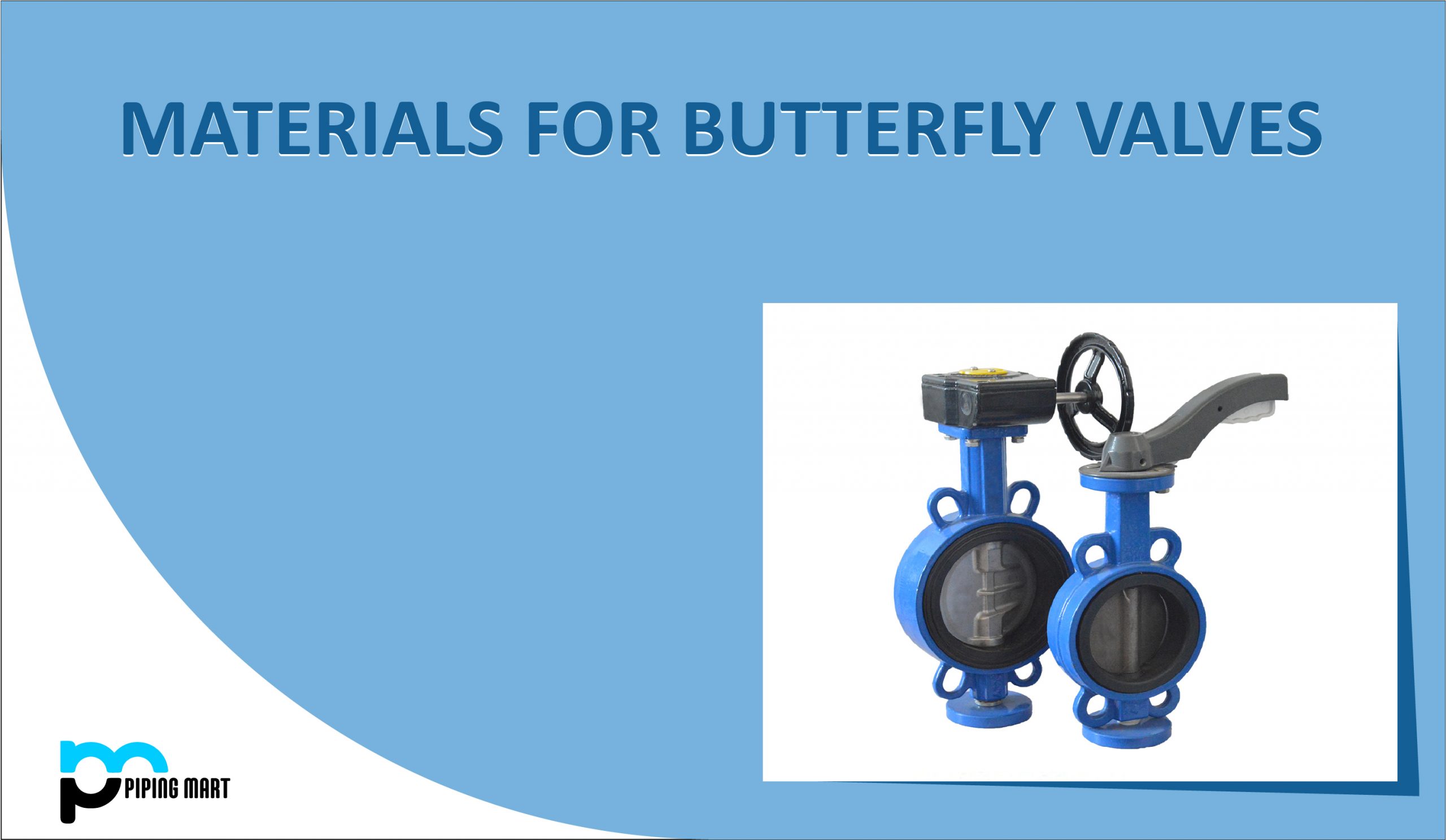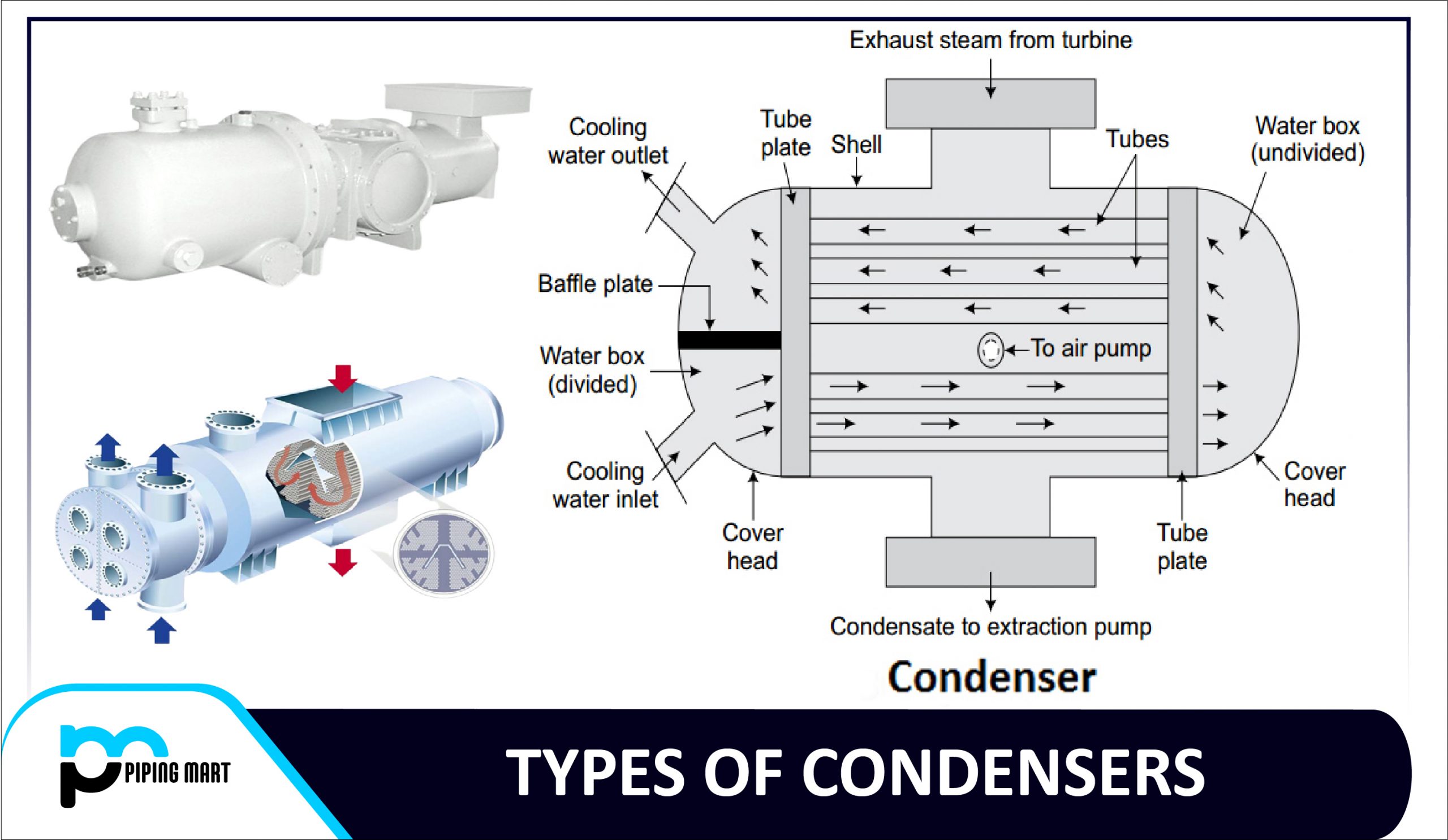Are you tired of dealing with sudden water pipe bursts and air leaks in your plumbing system? Stop the cycle of frustration by installing an isolation valve. In the plumbing world, isolation valves are essential in controlling the flow of water, gas, and air. It ensures the proper functioning of your plumbing system and can help prevent damage or accidents. In this blog post, we will thoroughly cover what an isolation valve is, its properties uses, and applications.
What is Isolation Valve?
Isolation valve is a valve used to isolate part of a piping system, so that the remainder of the system can be serviced or maintained without interruption. It acts as a form of shut-off device and is typically used in areas where maintenance needs to be performed regularly, such as in water pump systems. Isolation valves come in different forms including ball valves, gate valves and butterfly valves. They also come with various features that allow them to control flow pressure and direction.
Isolation Valves Properties:
Isolation valves are durable and long-lasting plumbing components. There are different types of valves, such as globe, gate, butterfly, and ball valves, to name a few. They offer a reliable solution to control pipeline media, whether liquids, gases, or steam. Some valves come with a manual handwheel, lever, or gear mechanism, while others are automated to regulate the flow using actuators. Valves have a working temperature and pressure range that should not be exceeded for safety purposes.
Isolation Valves Uses:
Isolation valves are widely used in process and mechanical industries, building services, water treatment, marine, oil, and gas. They are also utilized in homes and buildings to control the water supply to different areas, such as the kitchen, garden, and bathroom. Additionally, isolation valves help prevent contamination, which can compromise the quality of fluids flowing in pipelines. When used in the fire protection industry, isolation valves help prevent the spread of fire and limit the damage caused by fire.
Isolation Valves Applications:
There are numerous applications of isolation valves, such as flow control, isolation, regulation, pressure relief, and backflow prevention. For instance, flow control valves help regulate the amount of fluid or gas passing through the pipeline, isolation valves block or unblock the flow of media; regulation valves adjust different variables such as pressure, and backflow prevention valves help keep the water supply free from contamination or pollution.
How to Use Isolation Valves:
When using an isolation valve, ensure it is open when you need to use it and closed when you don’t. That way, you will minimize any potential accidents or problems. Always read and follow the manufacturer’s instructions on installing and maintaining an isolation valve. Inspect valves regularly to ensure they are in proper working order, and install shut-off valves in vulnerable areas of your plumbing system.
Conclusion:
In conclusion, isolation valves are handy plumbing components essential in controlling the flow of water, gas, and air. These durable and long-lasting valves offer a reliable solution to control media in different pipelines. You should choose the right isolation valve for your application and follow proper installation and maintenance instructions. These valves offer many benefits and can help prevent damage or accidents in your plumbing system. Contact your trusted plumbing experts to install, inspect, or repair isolation valves.

Meet Bhavesh, a seasoned blogger with a wealth of knowledge and experience. From metal products manufacturing to retail, Bhavesh has a diverse background in various industries and is dedicated to sharing his insights and expertise with readers.




